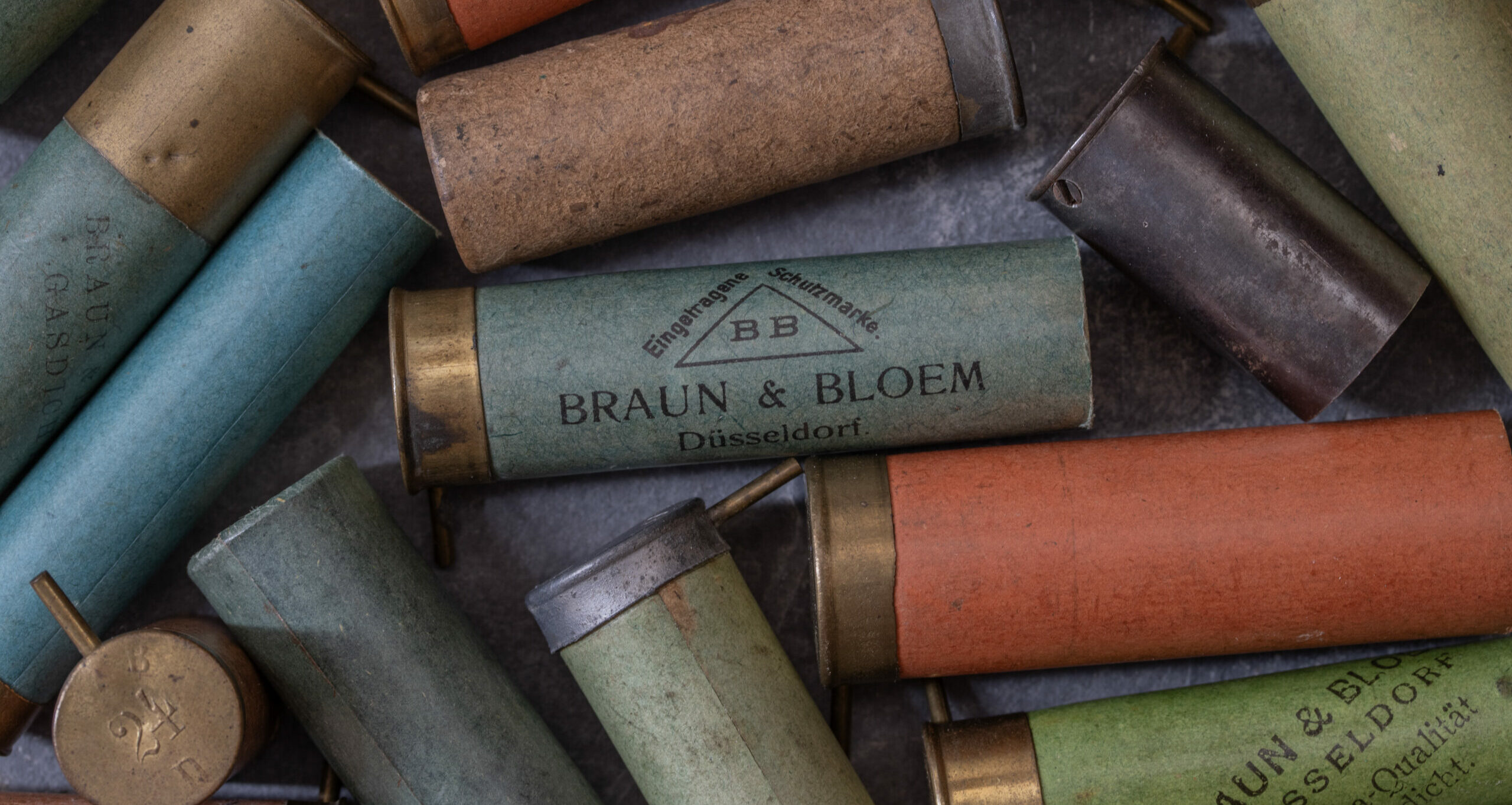
Pinfire Links
Your definitive source for all things pinfire! Dive deep into the fascinating world of antique firearms and ammunition with us. From detailed articles about the history and intricacies of pinfire guns to reliable sources where you can acquire these vintage beauties and their ammo. Whether you're a seasoned collector, a budding enthusiast, or just curious about the world of antique firearms, out sites have something to ignite your interest. Load up on knowledge and let your passion for vintage armory fire away!
Hey @followers, This video examines a 15mm pinfire revolver, an unusually large-caliber handgun from the mid-19th century. With a bullet diameter comparable to roughly .60 caliber, both the cartridges and the revolver itself are striking in size.
The revolver is double-action, loads through a side gate, and holds six pinfire cartridges. The example shown is Belgian-made and unmarked, a common configuration within the broader pinfire trade of the period.
#pinfire #antiquefirearms #19thcentury #revolver #cartridges
The 1835 Lefaucheux Report Obturation, Pinfire, and the Modern Cartridge
In March 1835, the Société d’Encouragement pour l’Industrie Nationale published a detailed technical report on breech-loading firearms submitted by Casimir Lefaucheux. Central to the report is the introduction of cartridge obturation through a thin copper base that expands under pressure to seal the breech, shifting the problem of gas sealing out of the gun and into the cartridge itself.
The committee regarded this obturating cartridge as one of the most useful improvements made to breech-loading arms in many years, noting that it eliminated gas leakage and reduced reliance on extremely precise mechanical closures. In the same publication, the report also presents the first published illustration of a pinfire cartridge, in which ignition is carried by the cartridge through a transverse pin acting on a primer housed in the copper base.
Together, these developments document the point at which sealing and firing become integrated functions of the cartridge, establishing the basic architecture that would define the modern metallic cartridge.
In the 1830s, as flintlock weapons still dominated battlefields across Europe and America, French inventor Joseph Alexandre Robert was quietly revolutionizing firearm design from his shop at 17 Rue du Faubourg-Montmartre in Paris. His forward-thinking innovations epitomized the future of warfare: breech-loaders, self-contained cartridges, and percussion firing. Robert’s groundbreaking work would help shape the evolution of firearms for decades to come, bridging the gap between muzzle-loading flintlocks and the advanced weaponry of the late 19th century.
Read the new article today!
I’ve been on the hunt for Pauly guns recently and picked up this one, one of the earliest examples ever made. Jean Samuel Pauly only made guns in Paris for about a year and a half before moving to London, so this is one of those rare pieces made before mid-1814. After he left, Henri Roux took over the company and continued production of these guns.
The Pauly firm would later be taken over by Casimir Lefaucheux, who began his career there as an apprentice. His early work with Pauly’s designs laid the foundation for his own innovations and the start of his gunmaking journey.
Nineteenth-century hunters faced challenges with smoothbore shotguns’ performance due to wad issues. Pierre‑François Davoust developed an innovative self-contained shot cartridge, enabling better shot dispersion and safer firing. His design improved penetration and reduced loading time, influencing hunting techniques and marking a significant advance before modern ammunition.
@followers check out the new blog post!
The Davoust Shot Concentrator: A French Answer to Unruly Patterns (1855–1859)
Nineteenth-century hunters faced challenges with smoothbore shotguns' performance due to wad issues. Pierre‑François Davoust developed the innovative self-contained shot cartridge, enabling better shot dispersion and safer firing. His design improved penetration and reduced loading time, influenc…
Hey @followers, Just picked up this absurd gem. “French Guns of Yesteryear” meets a 7-Up highball? Pretty sure this once hung in an old Honky Tonk or Western bar where someone thought a Lefaucheux revolver was the perfect drink pairing. Completely ridiculous and absolutely perfect.
Hey @followers, I posted a teaser picture of this earlier in the week; here is a full article on Wohlgemuth’s Break-Action Musket Conversion and Rifled Barrel Insert System!
Wohlgemuth’s Break-Action Musket Conversion and Rifled Barrel Insert System
Friedrich Wohlgemuth transformed a 1855 Harpers Ferry Model 1842 musket into a break-action breech-loader by incorporating a hinged mechanism and a patented rifled barrel insert. Despite showcasing its dual capability as both a shotgun and rifle, Wohlgemuth's designs were ultimately overshadowed by….










